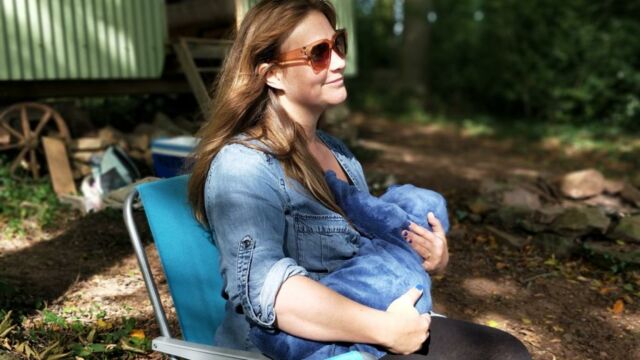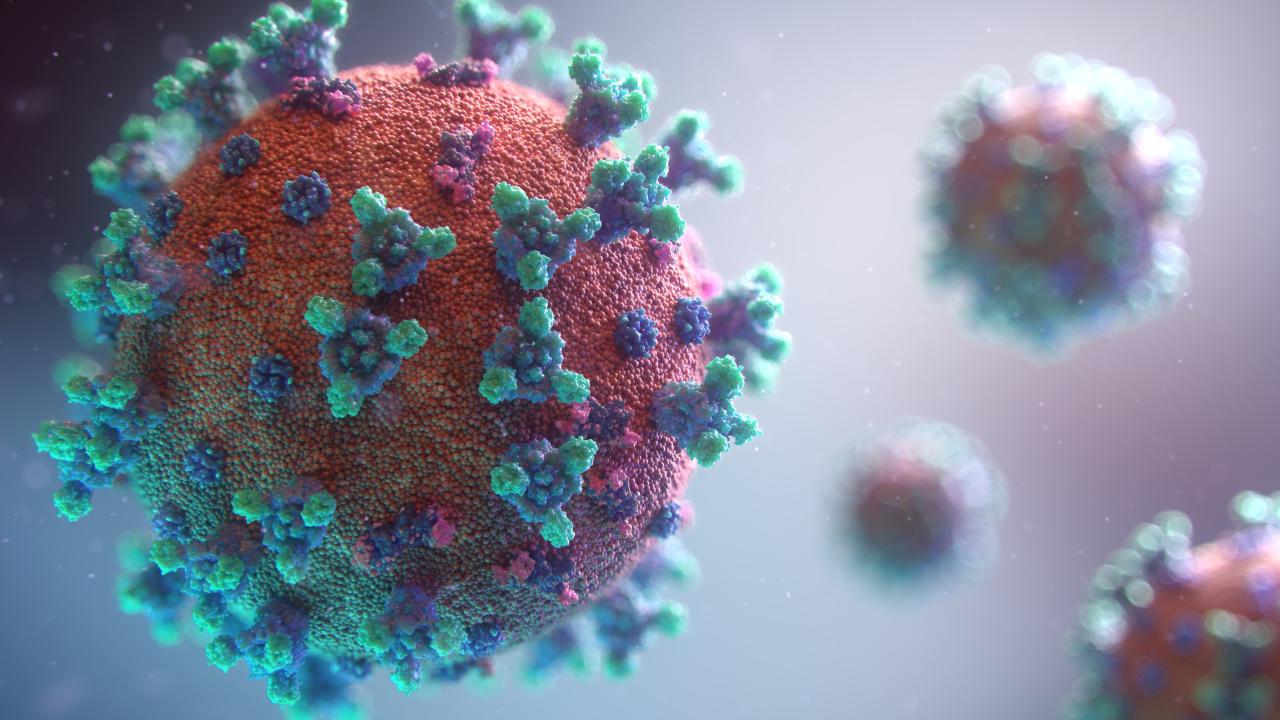Researchers at the University of Florida have found that the breastmilk of vaccinated mothers carry antibodies which could potentially protect babies against the coronavirus. Although they have yet to prove the latter, they did identify increased levels of immunoglobulin A antibodies (IgA) after the second dose.
Discover our latest podcast
Participant group
To investigate whether antibodies are found in milk after vaccination, the researchers examined 22 lactating women, who were also healthcare workers. None of them were previously infected with the virus. The study states that 21 of them gave three samples of blood and milk, one before inoculation, the second after their first jab, and the final one after they got their second jab. 14 of the participants were administered with Pfizer/BioNTech, while seven got the Moderna vaccine.
The findings
The results revealed that there was a 100-fold increase in IgA, which is an integral part of the immune system that fights off sickness. The authors of the study wrote:
There is a statistically significant increase of SARS-CoV-2-specific IgA and IgG in the human milk and plasma after the COVID-19 vaccination.
These novel results suggest the potential transfer of protective antibodies to nursing infants after maternal COVID-19 vaccination and may show a promising influence in vaccination strategy for lactating mothers.
Researchers admitted that further studies need to be done to confirm their findings and to analyse to what extent the milk can guarantee protection against COVID for babies. But they hope that their research can be beneficial in helping pregnant women to have more confidence with the vaccine. Dr. Josef Neu, co-author of the study, said:
A lot of mums, pregnant women, are afraid to get vaccinated. They want to do what’s best for their babies.
This is something that we wanted to know, whether it may actually provide some benefit.















